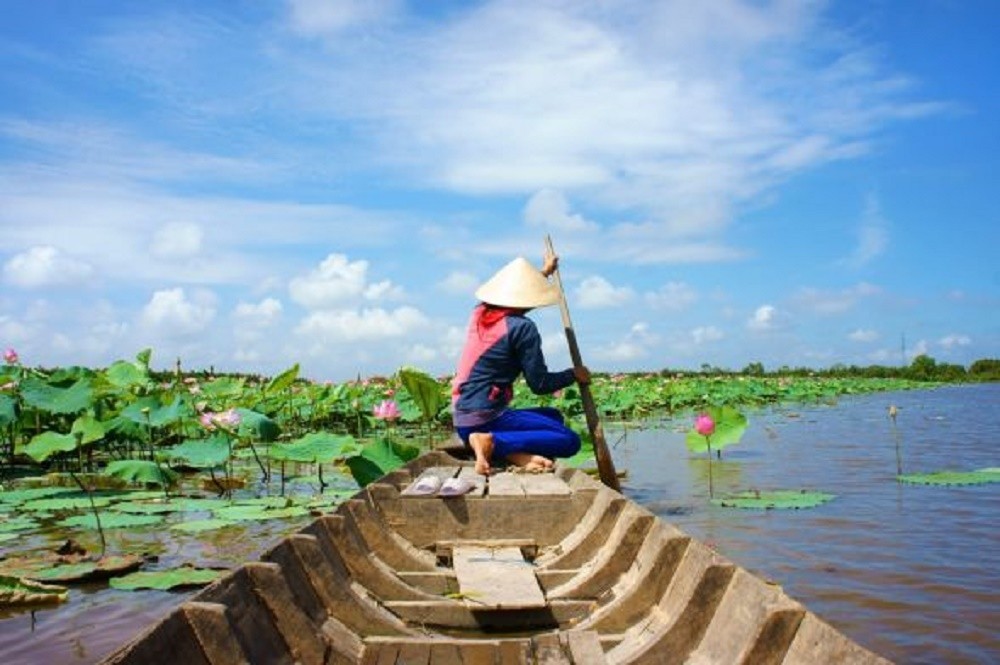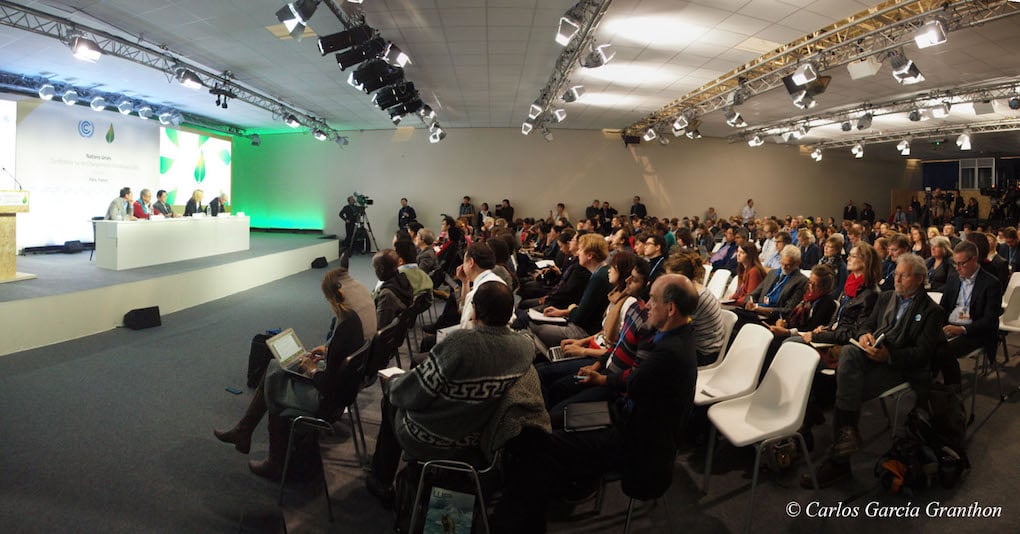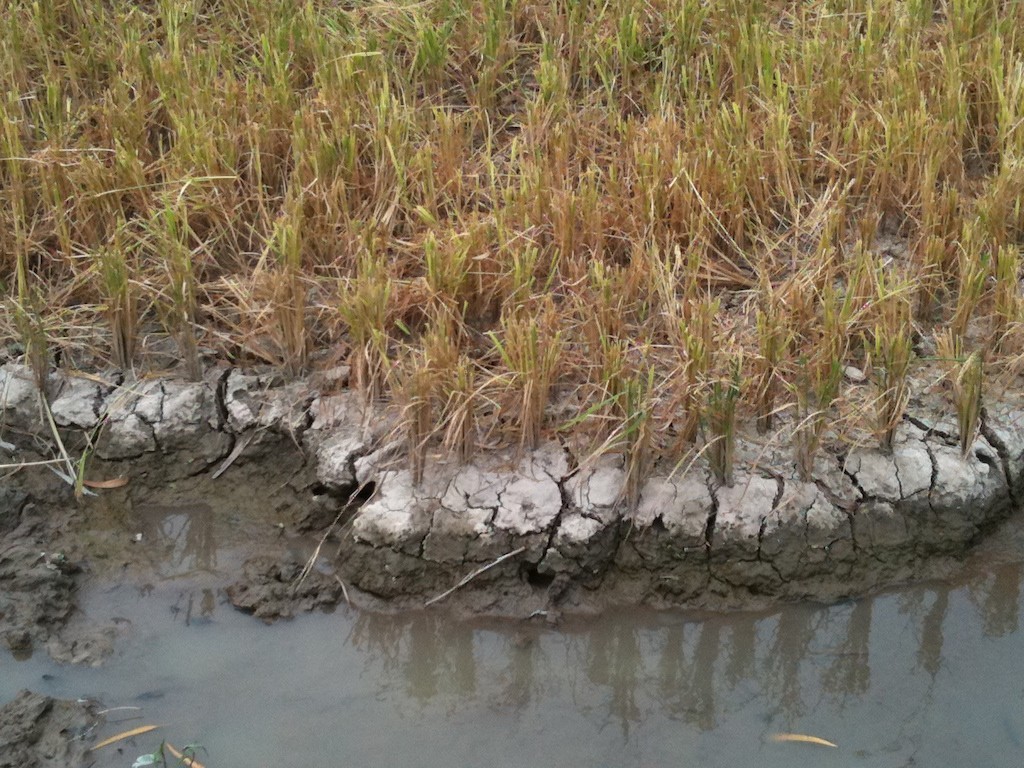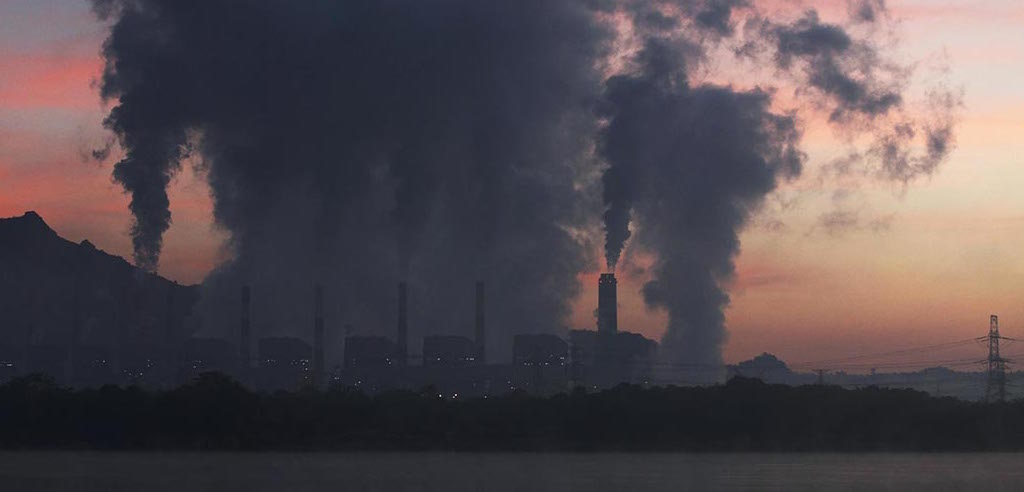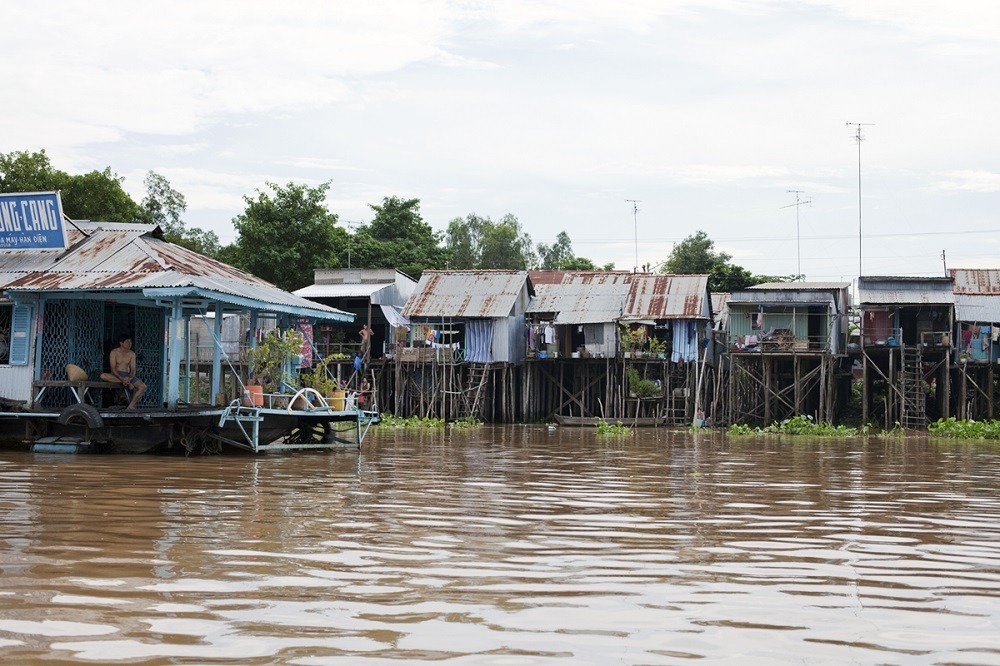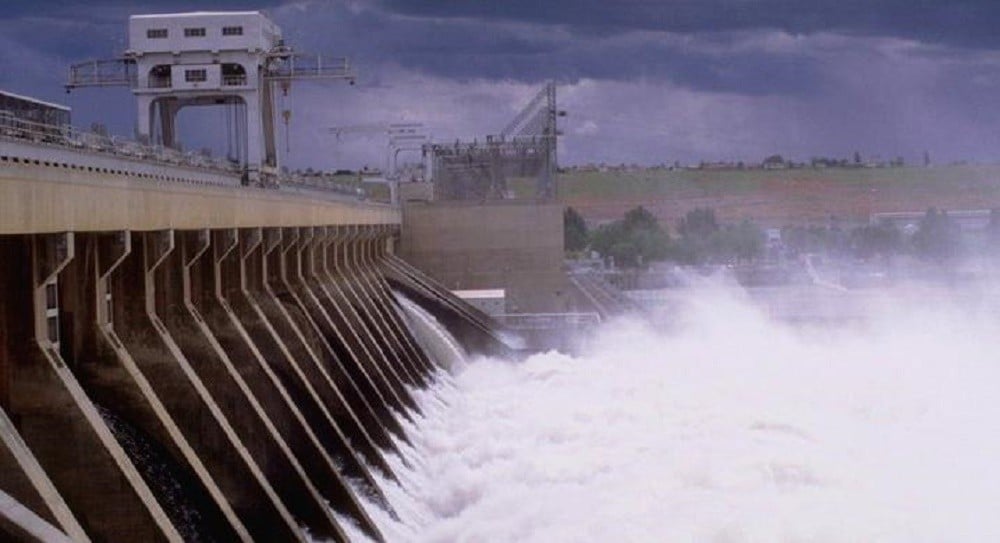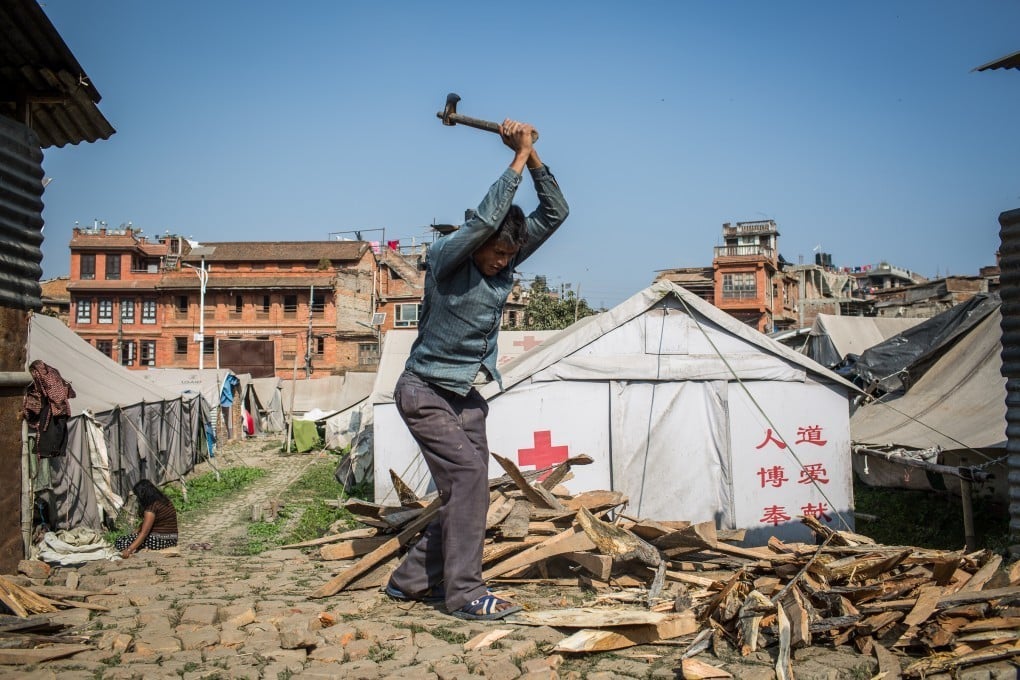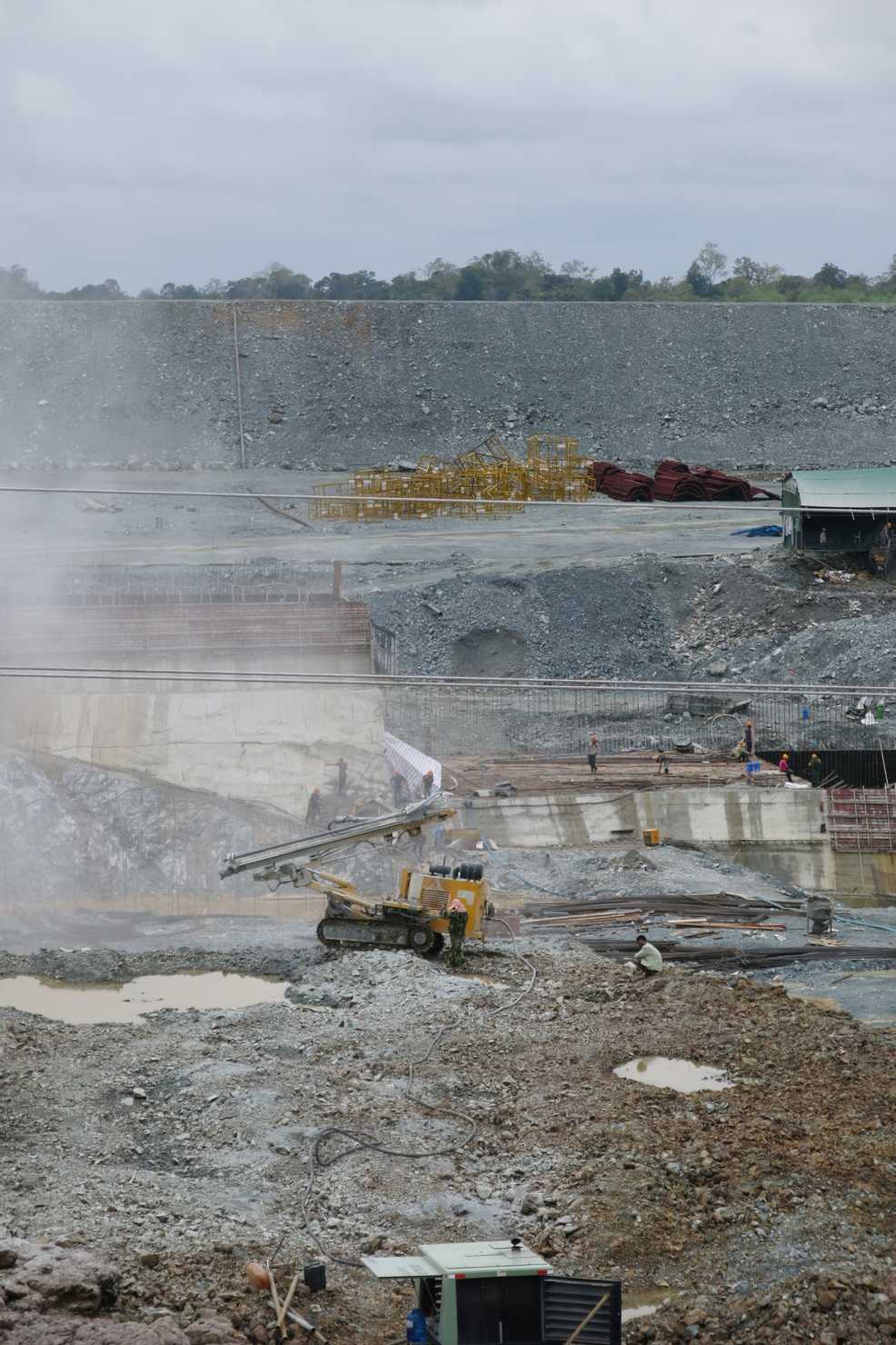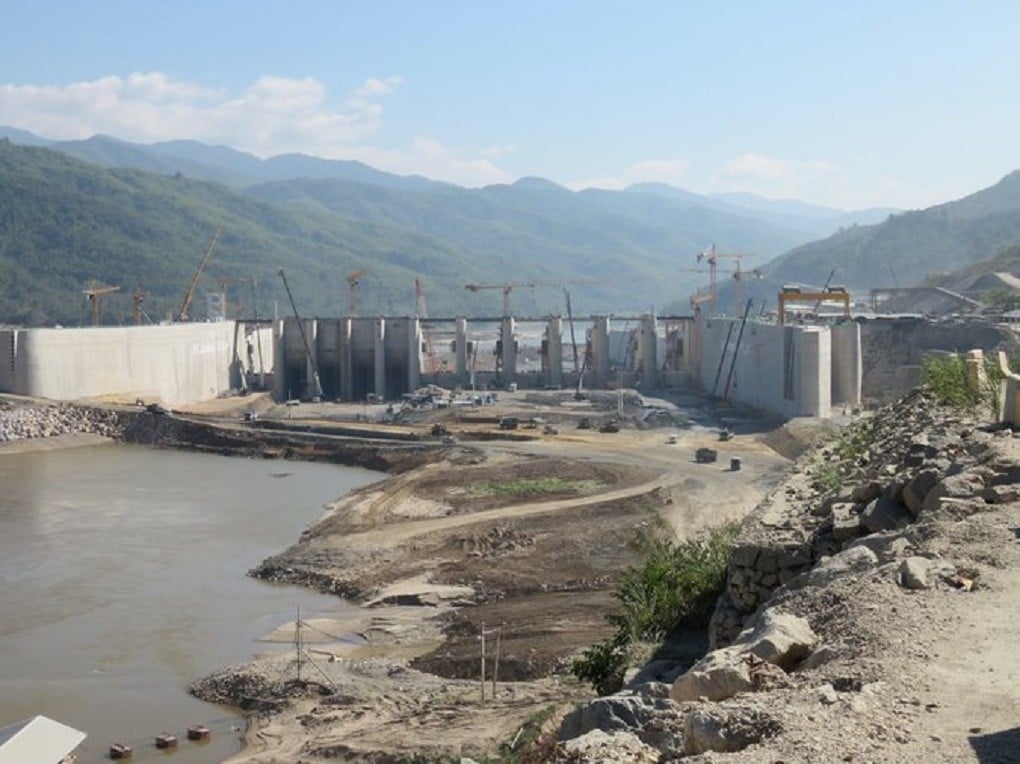This week that the Mekong Delta, Vietnam’s main rice growing region, is being gradually contaminated by salt water moving inland due to the ongoing drought, which in turn is caused mainly by El Nino. Already, 200 000 tons of rice have been damaged. Relief will come with the end of El Nino, which should bring more freshwater to the delta.
Tag: climate
Post-Paris: Journalism Climate in Bangkok Remains Mild
As the enthusiastic narrative from the Paris climate change agreement of last month continues, conversations with Thai journalists offer a cautionary data point that may resonate beyond this society of sixty million.
“Other than the words climate change, the fundamental issues behind it, actions to address it have really not been much of a concern to the Thai people,” says Paritta Wangkiat of Bangkok Post, the only Thai journalist to cover the Paris talks. “At best it’s a trendy slogan to deploy when discussing unusual weather patterns. But there is a serious lack of commitment from policy makers and society including media organizations to take part in the global effort to reduce CO2.
Some 6,000 journalists worldwide applied for accreditation, and facilities were available to service 3,000 at one time, but not many from the Mekong region?
Vietnam’s Mekong Delta faces most serious drought, salinization in 90 years
Vietnam’s Mekong Delta is facing the most severe drought and salinization in nearly a century, according to the Ministry of Agriculture and Rural Development.
The serious conditions have occurred only once in the last 90 years, the ministry said at the conference in Can Tho City on Wednesday.
Prompt and assertive measures must be applied in order to prevent the heavy damage brought about by drought and salinization in order to ensure the lives and production of local citizens, Deputy Prime Minister Nguyen Xuan Phuc remarked at the meeting.
The deputy premier ordered competent authorities to prioritize a financial support plan for the localities in the delta for speedy approval by the prime minister.
Coal Power on the Rise: Mekong Region Digs In
While initiatives by the Asian Development Bank, ASEAN, United States, Japan, France and the private sector aim to advance renewable energy within the Greater Mekong Subregion (GMS), coal-fired power plants are slated to become an increasingly larger share of the region’s electricity generating portfolio.
Author Q&A: How communities struggling with climate and development are “Living with the Mekong”
The richly illustrated book Living with the Mekong provides readers with insights into urban developments in one of the world’s most threatened deltas. According to the author, the book gives a personal account of “how Vietnam and the Vietnamese people cope with the consequences of climate change.” Joep Janssen, a Dutch urban delta expert, travelled through the Mekong Delta and Ho Chi Minh City area researching the impacts of climate change and development on farmers and urban inhabitants. The Mekong Eye talked to Joep, via email, about urbanization, climate change, development, and how decision makers in the Mekong region might learn from the Dutch experience.
Forecast Stormy for Mekong, Commission Says
With the threat of climate change, a long-lasting drought, and contentious dam construction in Laos, the Mekong River Commission (MRC) has its work cut out for the rest of the year. Composed of delegates from Cambodia, Laos, Thailand, and Vietnam, the MRC is in charge of managing the river that provides livelihoods and power for much of Southeast Asia. Several delegates said yesterday that the organization will face challenges in the years ahead.
“Water remains as important as ever,” said General Surasak Karnjanarat, the head of the MRC’s delegation from Thailand. “It needs to be recognized as key to various development goals…but the situation has become more complex due to a number of challenges we are facing.”
More droughts may mean less power
The future of hydropower looks dim as heat and drought intensify
Ten stories you should have read in 2015
We pick out the most popular and important stories published on The Third Pole in 2015.
Climate initiatives must not include large hydropower projects – NGOs
In a global manifesto released on the 3 December, a coalition of more than 300 civil society organizations from 53 countries called on governments and financiers at the Paris climate talks to keep large hydropower projects out of climate initiatives such as the Clean Development Mechanism, the World Bank’s Climate Investment Funds, and green bonds.
Heading Off Negative Impacts of Dam Projects
Hydroelectric dams grace bank notes in developing countries, from Mozambique to Laos, Kyrgyzstan to Sri Lanka, a place of honor reflecting their reputation as harbingers of prosperity.


